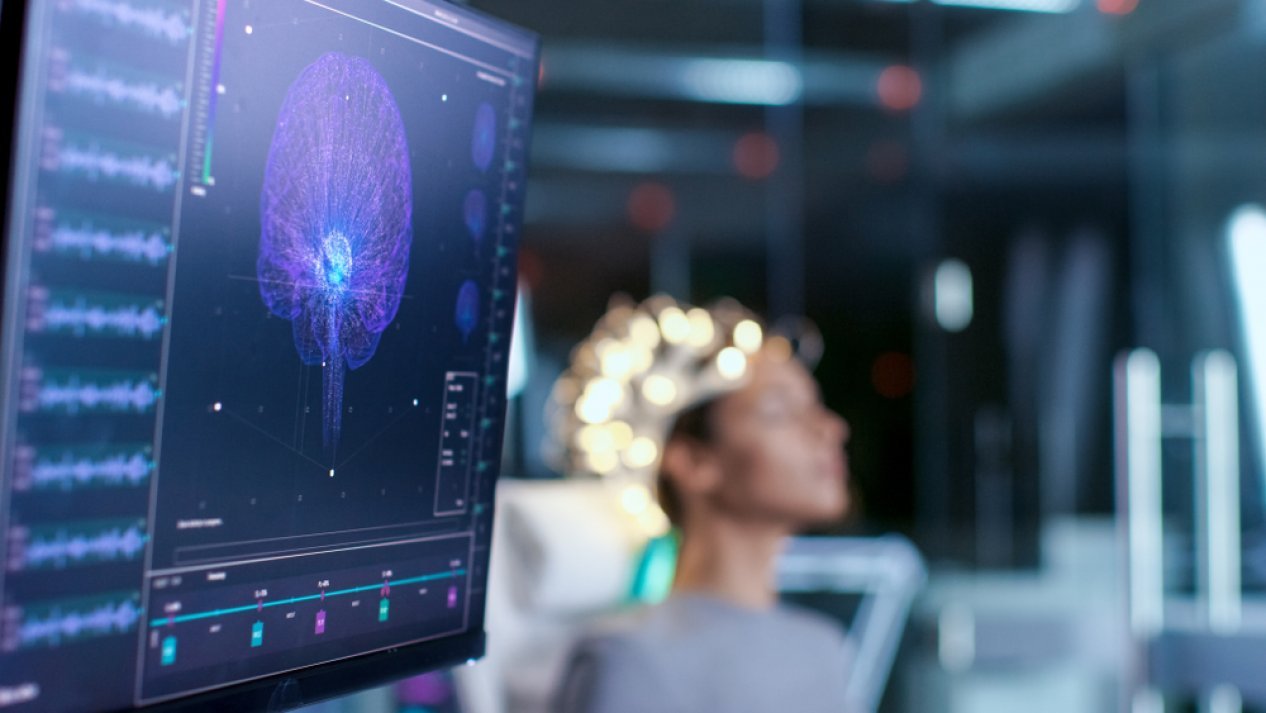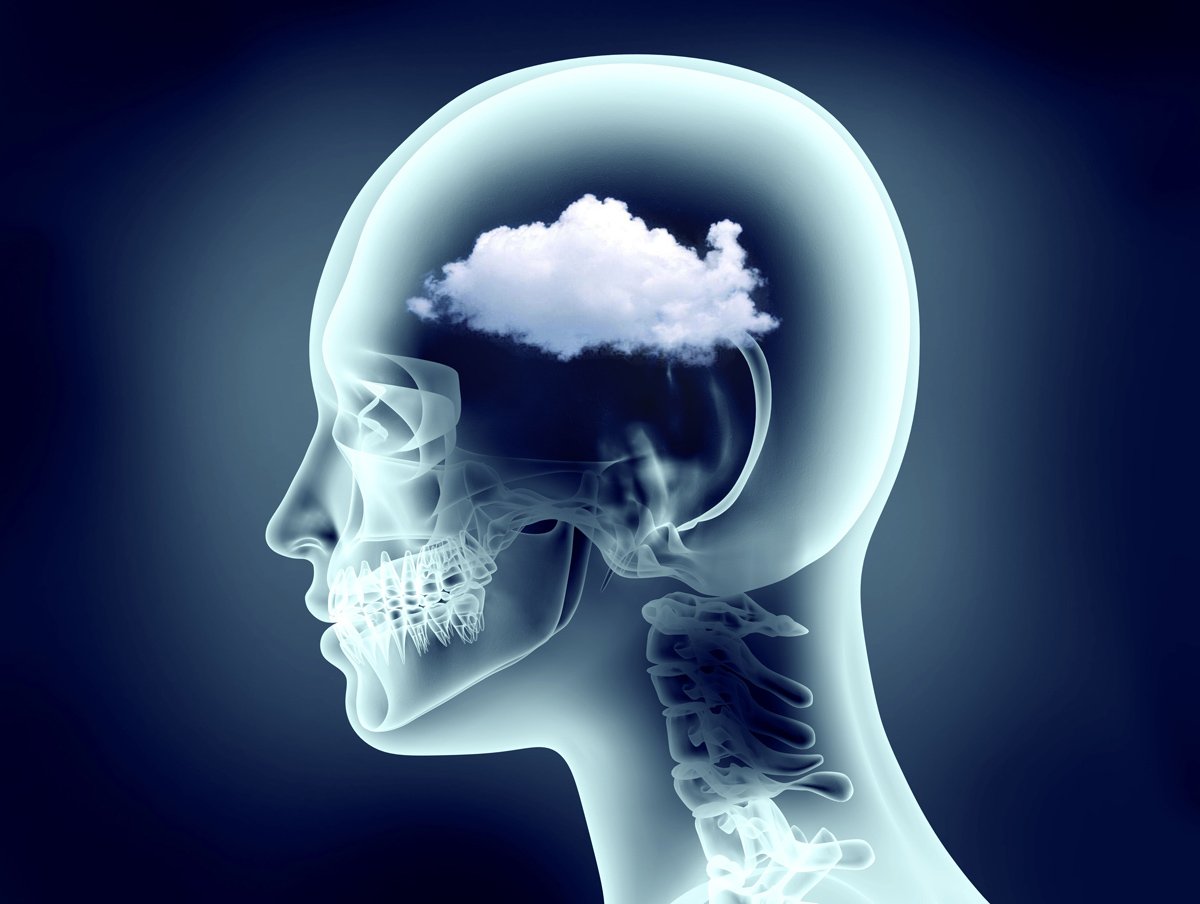
A person infected with the coronavirus may develop premature aging, well-known Russian neurologist Erkin Shamsiyev said in an interview with RIA Novosti. The expert added that the coronavirus not only causes pulmonary thrombosis, but also arouses undesirable processes such as premature aging, causing phobias and fears. Shamsiyev said that as a result of damage to the lungs due to coronavirus, gas exchange in the body is disrupted, resulting in problems with the delivery of oxygen to the brain. For this reason, people infected with the coronavirus complain of encephalopathy. He reminded that people who are admitted to hospitals with a diagnosis of COVID-19 often complain of headaches, dizziness and shortness of breath.

Erkin Shamsiyev
The chances of the coronavirus causing premature aging have been studied since last year. There are already some results. A team from Imperial College London, led by Adam Hampshire, studied more than 84,000 coronavirus patients. As a result of research, scientists have concluded that the coronavirus can cause diseases of the brain and nervous system. The researchers said that although people who recovered from COVID had symptoms such as fever and cough, brain and nervous system problems caused by the virus persisted for a long time.

Adam Hampshire
COVID patients involved in the study were 20-70 years old. To study the effects of the virus on the human brain, they were given tests to check their memory. The tests contained questions related to remembering words. As a result of the question and answer session, serious memory impairment and mental retardation were registered in people infected with the coronavirus, especially in people with severe course of the disease.
Researchers at Imperial College London have found that some people infected with the coronavirus develop mental retardation equal to aging by 10 years.
There are different opinions about this result of the study. For example, researchers at the University of Edinburgh in Scotland, as well as the University College London, said that it was not known whether the persons had brain or nervous system problems before the coronavirus. Therefore, it is doubtful whether the damage caused by the virus to the brain and nervous system will continue after the disease. However, scientists are unanimous about the negative effects of coronavirus on the brain and nervous system in all cases.
As a result of a number of studies, experts have compiled a list of problems that can be observed in people who recovered from coronavirus.
They include sudden and severe headache, nausea, vomiting, difficulty speaking, dizziness, visual and movement disorders, numbness of the face, speech and perception problems, behavior change, disorders of coordination, short-term memory problem, disturbance of consciousness.
Doctors said that people who recovered from the coronavirus should go to the hospital if they experience any of these symptoms.
A study of coronavirus patients in China also revealed neurological problems after the disease. Of the 214 people surveyed, 36 had these problems. Problems such as mental retardation, as well as headaches, dizziness, loss of coordination, acute stroke and epilepsy have been observed, especially in people with severe course of the disease.

One in three COVID-19 survivors in the US in a study of more than 230,000 mostly American patients were diagnosed with a brain or psychiatric disorder within six months, suggesting the pandemic could lead to a wave of mental and neurological problems, scientists said. According to an article published in the medical journal The Lancet, researchers who conducted the analysis said it was not clear how the virus was linked to psychiatric conditions such as anxiety and depression, but that these were the most common diagnoses among the 14 disorders they looked at.
According to Reuters, a previous study by the same researchers found last year that 20% of COVID-19 survivors were diagnosed with a psychiatric disorder within three months.

Simon Wessely
Evaluating the results of a study conducted in the US, Simon Wessely, chair of psychiatry at King’s College London, and Lea Milligan, chief executive of the MQ Mental Health research charity, said the effects of COVID-19 on mental health could be severe.
These facts show that the coronavirus causes brain and nervous system problems in all cases. However, there is no clear opinion on whether these problems are temporary.




















